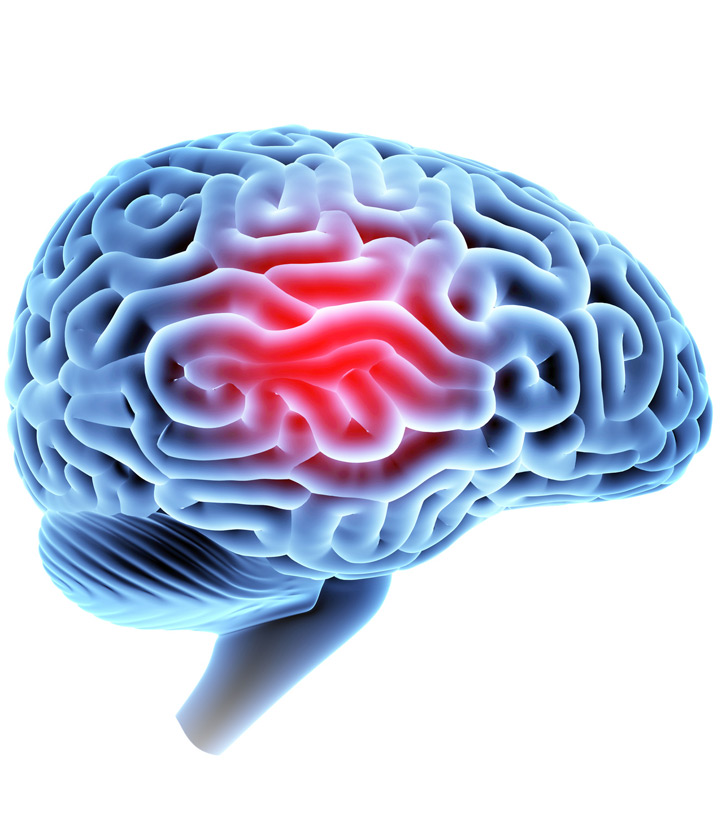

Brain injuries are a serious type of personal or work-related injury that can have a long-term impact on quality of life.
A brain injury is usually the result of some type of impact to the head or a penetrating wound caused by a sharp object or a flying projectile. Some injuries to the brain can be mild and temporary. More serve injuries affecting the brain can be fatal, or have long-term complications.
Mild Brain Injuries
Some types of brain injuries may result in a mild concussion, which is believed to be caused by a jolt or impact that causes the brain to move against its surrounding skull walls. Milder brain injuries can also result in a gradual pressure buildup referred to as edema, or swelling. Symptoms experienced with a mild brain injury may include:
- Loss of consciousness and/or confusion or disorientation
- Nausea or vomiting
- Recurring headaches
- Unexplained fatigue or changes in sleep habits
Mild brain injury sufferers may also develop an increased sensitivity to sound or light. Memory or concentration problems, increased instances of anxiety or depression, and mood changes could also be experienced following a mild brain injury.
Moderate-to-Severe Brain Injuries
Brain injuries considered moderate or severe tend to produce symptoms that become evident either immediately after the injury is sustained or within a few hours. In some instances, there may be an immediate loss of consciousness that lasts for several minutes or hours. Headaches tend to be more severe and persistent as well. Moderate-to-severe brain injuries could also produce the following symptoms:
- Convulsions or seizures
- Public dilation
- Clear fluid drainage from ears
- General weakness or numbness
- An inability to waken from sleep
- Slurred speech
Mental and cognitive symptoms are usually more noticeable with severe brain injuries. This may mean extreme confusion and agitation and unusual behavior that’s out of character. Injury victims may also slip into a coma or have random periods of unconsciousness.


Diagnosis & Treatment
The Glasgow Coma Scale is a common test performed after a brain injury is sustained to determine how well a patient is able to move their eyes and limbs and follow basic directions. X-rays, CT scans, and other images tests are often performed to check for skull fractures and obtain a detailed view of the brain to identify affected areas. Also, a probe is sometimes inserted into the skull to measure cranial pressure.
Treatment of a mild brain injury typically involves medication and regular monitoring to make sure more severe symptoms aren’t developing. With severe injuries, surgery may be necessary to stop bleeding in the brain or repair a skull fracture. There may also be a need to perform surgery to relieve pressure on the brain or drain cerebral spinal fluid (CSF). The treatment and recovery process might also involve:
- Coma-inducing or anti-seizure drugs
- Occupational and physical therapy
- Speech therapy to address speech-related difficulties
- Memory prompts to deal with memory issues
Any type of brain or head injury sustained while on the job or going about your daily routine should be taken seriously. Even if symptoms aren’t immediately evident, there may be delayed issues, such as blurred vision or dizziness, that develop later as swelling within the brain increases and spreads. Your ability to recover from a brain injury enough to get back to work will depend on the extent of the injury and how well you are responding to treatment and therapy. Workers’ compensation can help you recover from lost wages following a brain injury.
